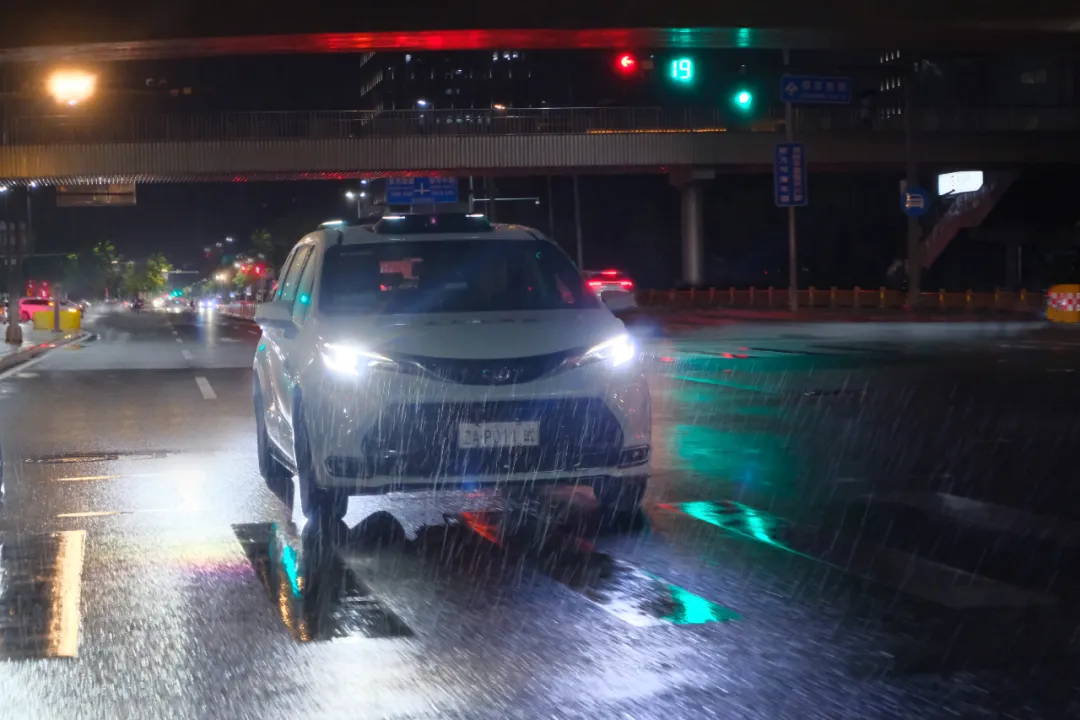Pony.ai conducts 24/7 autonomous driving tests in three major Chinese cities
Shanghai (Gasgoo)- Chinese autonomous driving tech company Pony.ai has begun round-the-clock testing of its self-driving vehicles in Beijing, Guangzhou, and Shenzhen, according to a press release the company issued on July 25 via its WeChat account. It marks a significant step forward for the deployment of autonomous mobility services in China's urban environments
The new 24/7 testing schedule expands the company's previous operating window—which was limited to 7 a.m. to 11 p.m.—to full-day coverage, reflecting both technological readiness and evolving regulatory support in these leading cities.
The move highlights a growing recognition of autonomous driving's potential to address gaps in urban transportation—particularly during late-night and early morning hours, when traditional public transit services are limited. With transit capacity during early morning hours typically less than 30% of daytime levels, Pony.ai aims to explore how autonomous vehicles can help fill this void and ensure more reliable mobility at all hours.

Pony.ai's autonomous car in Beijing; photo credit: Pony.ai
Backed by more than 50 million kilometers of accumulated testing mileage across China and overseas, Pony.ai brings a robust foundation of real-world operational experience to this next phase. Its driverless fleet has logged over 500,000 hours of fully unmanned operations, navigating a wide range of scenarios that include high-traffic conditions, varied road surfaces, and shifting lighting environments—from bright daylight to pitch-black nighttime streets.
To safely extend operations into low-visibility conditions, Pony.ai equips its latest L4 autonomous vehicles with a fusion of advanced sensors. These include multiple 128-line LiDAR units, 8-megapixel cameras, and 4D imaging millimeter-wave radar systems. This multi-modal setup allows for 360-degree environmental awareness, outperforming human drivers in dark or visually complex conditions.
Unlike vision-only systems that rely heavily on camera input and are vulnerable to lighting limitations, Pony.ai said its architecture leverages active sensors to ensure consistent perception. The system is designed to maintain situational awareness even under intense glare from headlights, when detecting dark-clothed pedestrians, or on unlit roadways—scenarios where human drivers and camera-only systems are more prone to error.
The company's seventh-generation autonomous vehicles build on a "world model + virtual driver" framework, enabling it to detect road features, vehicles, pedestrians, and other obstacles across distances of up to 650 meters, including within vehicle blind spots. In parallel, Pony.ai has also developed proprietary sensor self-cleaning technologies to handle extreme weather. These features help maintain sensor accuracy during rain, fog, or dust, bolstering the system's reliability in real-world conditions.
Gasgoo not only offers timely news and profound insight about China auto industry, but also help with business connection and expansion for suppliers and purchasers via multiple channels and methods. Buyer service:buyer-support@gasgoo.comSeller Service:seller-support@gasgoo.com







